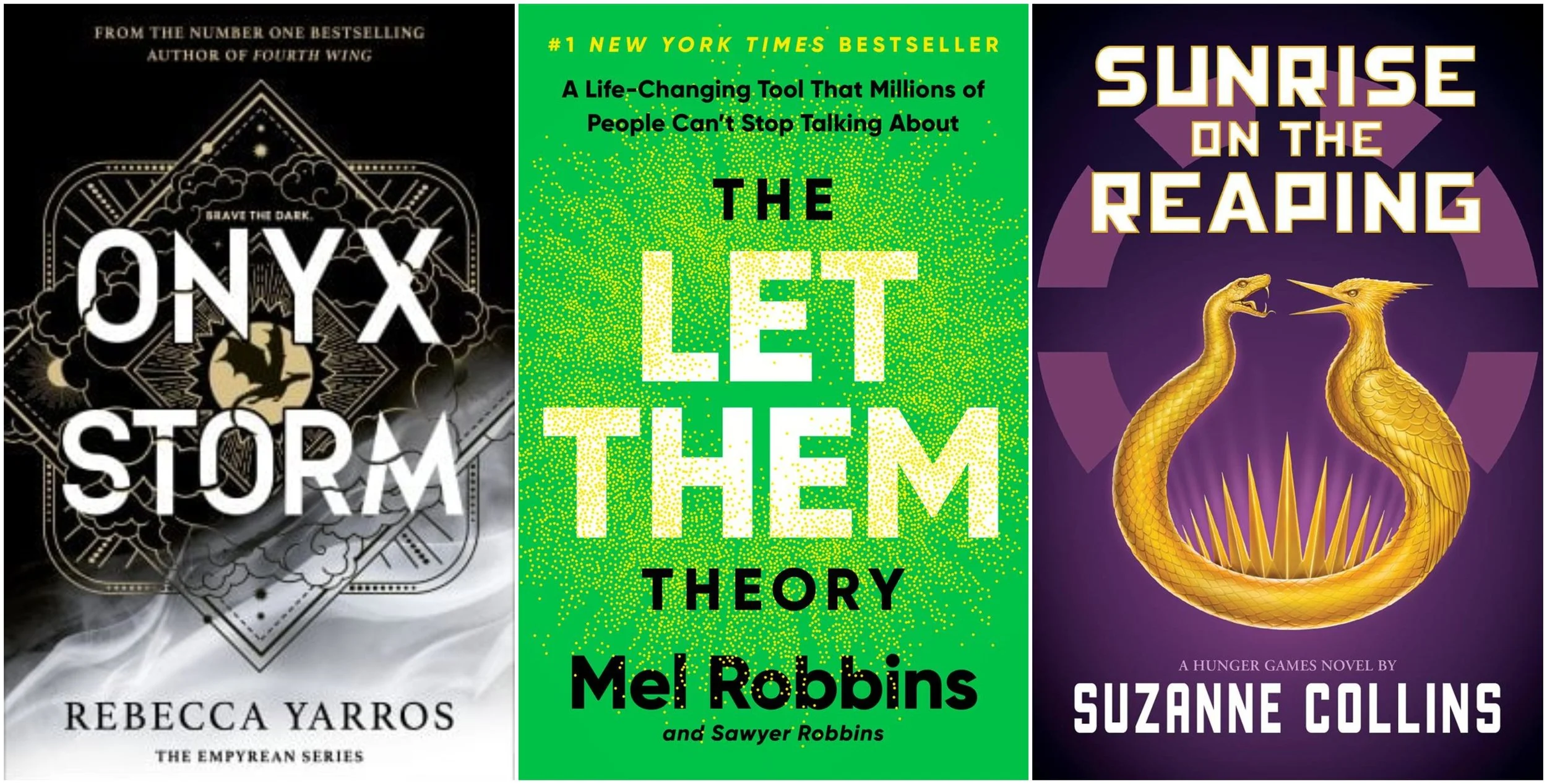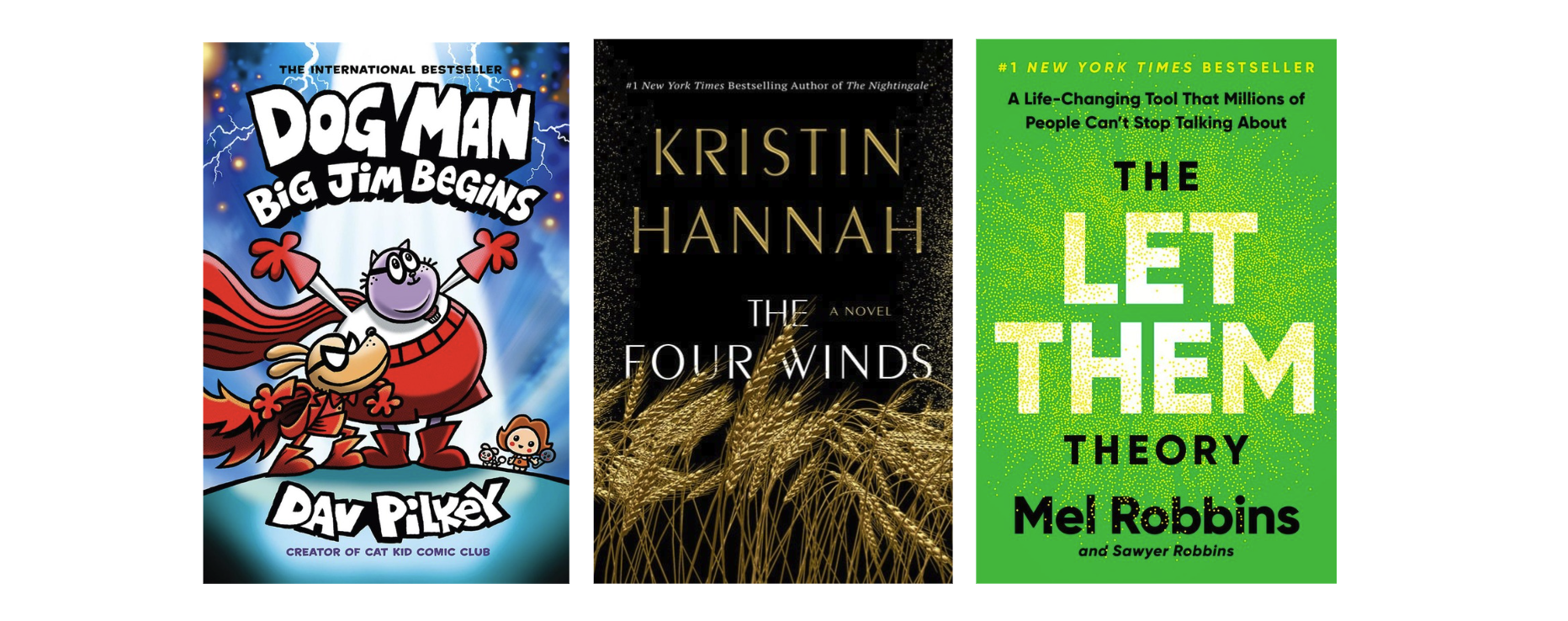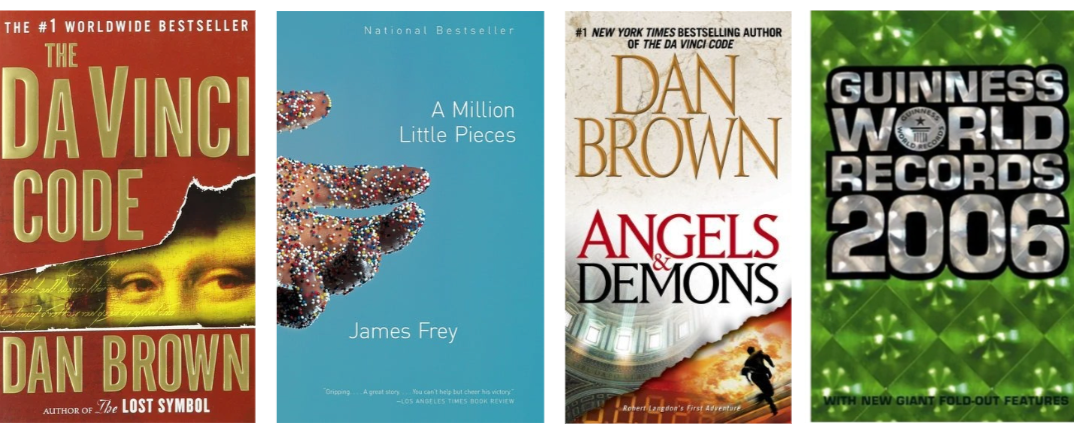We recently published a blog post on LGBTQ+ titles as part of our Subject spotlight series. The results of our data pull showed us some of the codes that are most popular in the retail and library markets. The first quarter of 2022 saw increases year-over-year in two of the LGBTQ+ BISAC subcategories:
Fiction / LGBTQ+ / Transgender — up 121%; and
Fiction / LGBTQ+ / General — up 23%.
From January to March 2022, the most purchased LGBTQ+ subcategories were:
Fiction / LGBTQ+ / Gay — up 55% of all LGBTQ+ titles sales;
Fiction / LGBTQ+ / Lesbian — up 20% of all LGBTQ+ titles sales; and
Fiction / LGBTQ+ / General — up 16% of all LGBTQ+ titles sales.
In order to dive deeper into these trends, we decided to take a look at how keywords are being used in the metadata for books with LGBTQ+ Fiction subjects. We pulled keyword data for books with the following subjects:
FIC068000 FICTION / LGBTQ+ / General
FIC072000 FICTION / LGBTQ+ / Bisexual
FIC011000 FICTION / LGBTQ+ / Gay
FIC018000 FICTION / LGBTQ+ / Lesbian
FIC073000 FICTION / LGBTQ+ / Transgender
Using our BiblioShare database, we pulled together a list of the top 50 keywords used for LGBTQ+ books, which helps provide a picture of how publishers are categorizing these titles, especially when considered alongside the BISAC code classifications.
Who's using LGBTQ+ BISAC codes?
We found that we have 447 publishers who have used LGBTQ+ Fiction BISAC codes on a total of 7,588 titles. Admittedly, this is a small data set, but it's a good enough size for this initial look into keyword usage in the Canadian supply chain.
Keywords used for LGBTQ+ books
Of the 7,588 titles that are classified as LGBTQ+ Fiction, 50% (3,786) of them have keywords assigned.
Here we see the span of keywords being applied to LGBTQ+ titles. Of the 3,786 LGBTQ+ titles providing keywords to BiblioShare, there are 6,856 distinct keywords being used.
Top 50 LGBTQ+ Fiction Keywords
fiction, used 1,283 times
books, used 1,073 times
novel, used 731 times
LGBT, used 524 times
romance, used 458 times
gay, used 434 times
LGBTQ, used 322 times
mystery, used 295 times
love, used 266 times
fantasy, used 263 times
gift, used 242 times
lesbian, used 234 times
women, used 234 times
relationship, used 228 times
literature, used 215 times
American, used 176 times
age, used 157 times
thriller, used 153 times
friendship, used 139 times
queer, used 125 times
classic, used 123 times
adult, used 118 times
crime, used 114 times
author, used 102 times
gender, used 95 times
marriage, used 85 times
suspense, used 83 times
award, used 82 times
art, used 74 times
life, used 70 times
horror, used 70 times
transgender, used 68 times
feminist, used 64 times
murder, used 60 times
humor, used 53 times
adventure, used 52 times
sex, used 47 times
secret, used 45 times
magic, used 45 times
detective, used 43 times
girls, used 40 times
friend, used 35 times
lovers, used 34 times
aid, used 30 times
protagonist, used 30 times
sister, used 29 times
time, used 28 times
abuse, used 27 times
bestseller, used 27 times
sexuality, used 26 times
There are many keywords in this list that restate data that's discoverable by other fields (e.g., "fiction," "books"), which goes against the guidelines proposed by BISG's Best Practices for Keywords in Metadata.
When looking at the keywords used across LGBTQ+ Fiction titles, the top three most popular author’s names used as keywords are:
Andrew Sean Greer (3 EANs)
Bret Easton Ellis (3 EANs)
Jodi Picoult (2 EANs)
Finally, out of curiosity, we decided to take a look at the least popular keywords (i.e., those used on only one EAN). Here are the bottom five:
frat (FICTION / LGBTQ+ / Gay)
fluidity (FICTION / Romance / LGBTQ+ / Lesbian)
offbeat (FICTION / LGBTQ+ / Bisexual)
bookstore (FICTION / LGBTQ+ / Lesbian)
daddy (FICTION / LGBTQ+ / Gay)
Want to see what keywords are being used on other books? Our handy Biblio-O-Matic Chrome extension detects ISBNs while you're browsing the internet and pulls data from BiblioShare on things like pub date, keywords, cover images, list price, and more. See how it works or try it out.
It can be tricky choosing which keywords will be the most helpful in constructing the best metadata, and so BISG's Best Practices for Keywords in Metadata often takes a backseat. However, if everyone followed the rules, reading a list of keywords wouldn't be quite as fun.
















The 10 Tech Forum sessions that were the most popular in 2025.